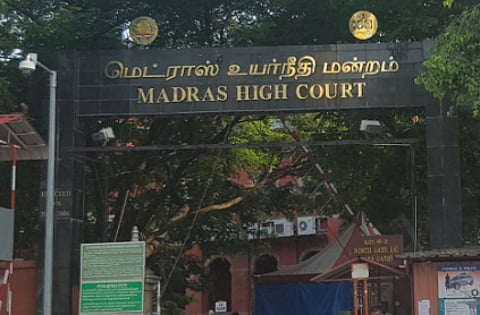
- News
- Columns
- Interviews
- Law Firms
- Apprentice Lawyer
- Legal Jobs
- हिंदी
- ಕನ್ನಡ

The provisions concerning the composition of adjudicatory authorities under The Prohibition of Benami Property Transactions Act, 1988 (Act) have been challenged in Madras High Court.